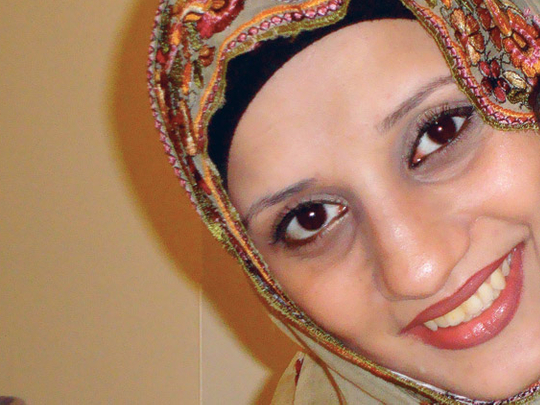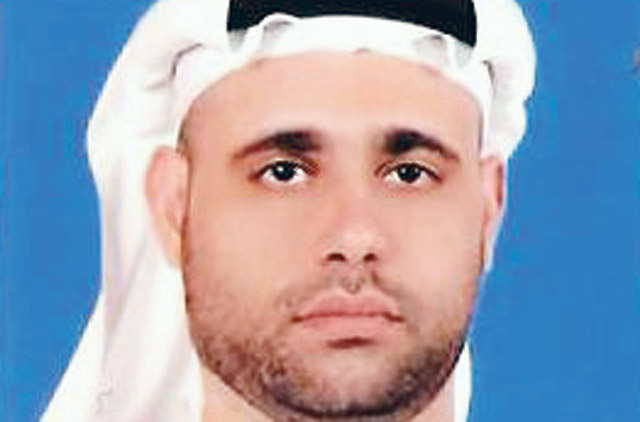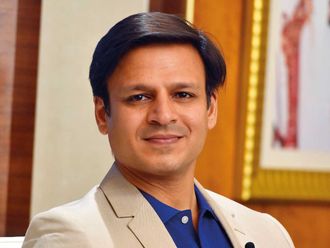
Dubai: Stuffed market trolleys and supermarkets struggling to meet demand tend to be the norm when it gets close to Ramadan in the UAE.
Families flock to markets to stock up on food and other essentials, to make sure they will not run out.
For 29-year-old Pakistani resident, Aliah Suhail, this means cartons of canned vegetables, frozen food items and disposable cutlery.
"I buy frozen nuggets, French fries, sausages and lots and lots of mozzarella cheese. I know it doesn't sound too healthy, but my husband and children really enjoy eating fried food [for iftar]."
Aliah's family has five adults and three children, so every day iftars can be quite elaborate. Add to that the Ramadan celebrations that occur every week, and Alia is forced to buy a carton each of paper plates, bowls and plastic spoons from a wholesale shop in Sharjah.
"Whenever we have a party there are no less than 10 people invited. I also love eating pasta, so I buy almost 12 packets of different kinds of pastas."
Another item that everybody buys in large quantities during Ramadan is milk, as it is part of many sweet preparations. In the case of 36-year-old Filipina Fatima Ali, she ends up buying at least 16 boxes of long-life milk, but even that is no guarantee that she will not run out of it during the month.
"This time it is going to be really hot, so it is difficult to go out again and again to get such items." While Fatima prefers buying most items fresh, she does stock up on basics.
"I buy almost 10 kilos of flour, as my husband, who is a Pakistani, likes to eat roti [bread]. As for chicken, I buy at least 10 frozen chickens, but if we have guests over, they get used up really quickly."
For some, though, the best way to spend Ramadan is by making no changes at all in their habits. Thirty-two-year-old Emirati Saleh Hamed said: "[Stocking up] kind of defeats the purpose of the month. We [prefer to] go to a basic existence, so we have staple food items like eggs, beans and harees [meat and barley stew]."
Talking about how Ramadan has changed over the decades, Hamed said that in the 1980s and 1990s, his family had big gatherings regularly during Ramadan, which meant that a lot of food was cooked.
"Our extended family [in Abu Dhabi] was a lot closer, so you had to be prepared at every time to host a big gathering. Now, with [smaller] families, we don't have the opportunities to have big gatherings. I guess that was a big change."
Now, his family prefers observing Ramadan as simply as possible, which has helped them maintain a healthier schedule.
"We've invested a lot of effort in managing our time during Ramadan, we don't forget our obligations towards our family or job."













